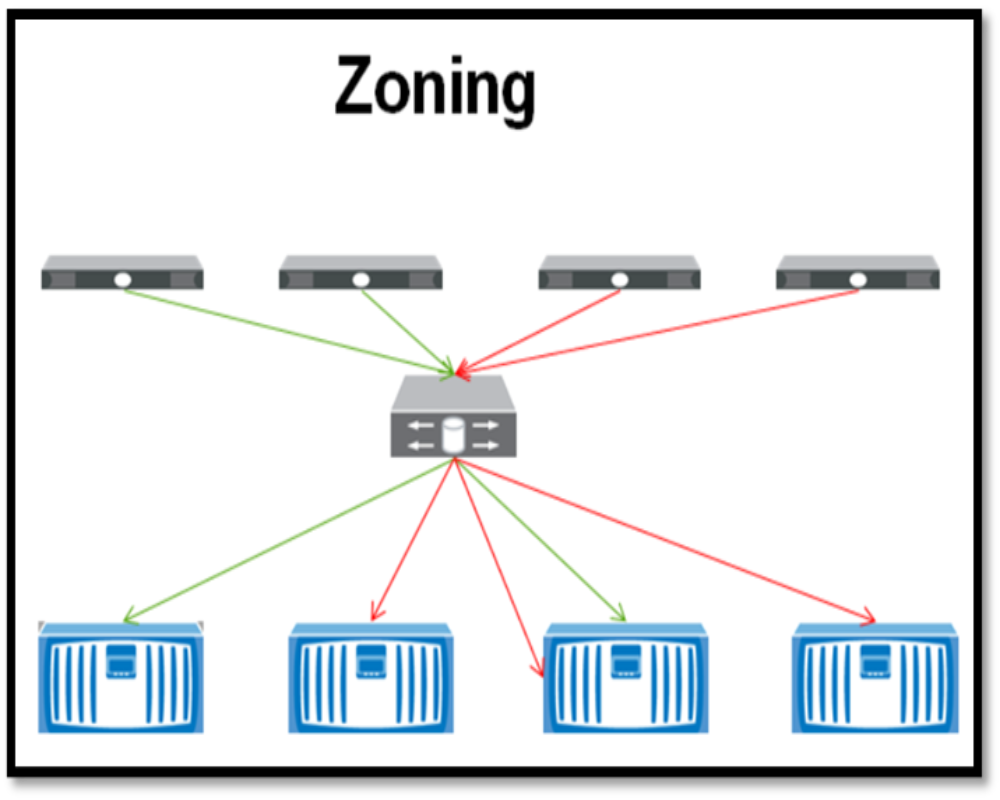Introduction
Zoning verification is an essential step in the due diligence process for any property, especially in the industrial, commercial, or real estate development sectors. It involves confirming that the land use classification of a property aligns with the intended purpose—be it industrial, residential, commercial, or mixed-use. Every local planning authority establishes zoning regulations to control and guide land development, and non-compliance can lead to legal penalties, project delays, or operational restrictions. Therefore, zoning verification ensures that the property is legally suitable for the proposed activities and that any future developments will be compliant with municipal or regional planning rules.
Understanding Zoning Regulations
Zoning regulations define how land within a specific geographic area can be used. These rules are established by municipal corporations, urban development authorities, or local planning departments. Zones are typically categorized into residential, commercial, industrial, agricultural, institutional, and special-use zones. Each zone has specific development norms such as permissible construction types, floor space index (FSI), building heights, open space requirements, and buffer zones.
Before purchasing or developing a property, it is crucial to understand under which zone the land falls and whether it permits the proposed use, such as manufacturing, warehousing, or logistics operations in the case of industrial development.
Collecting Zoning Information from Authorities
To initiate zoning verification, the interested party must approach the relevant local authority—such as the municipal planning department or development control office—to obtain official zoning information. This may involve:
- Submitting an application for a zoning certificate or land use verification letter
- Providing plot details, such as survey number, area, location map, and ownership documents
- Paying prescribed verification or processing fees
The authority will issue a formal statement specifying the current zoning classification and any restrictions or permitted uses associated with the land.
Reviewing Master Plans and Land Use Maps
Another step in the zoning verification process is reviewing the Master Plan or Development Plan for the area, which outlines long-term land use policies. These maps help confirm whether the property lies within an industrial, residential, or environmentally restricted zone. It also indicates whether any zoning changes, road widening plans, or infrastructure projects are proposed in the area that may impact the site.
Cross-referencing the property’s location with planning documents ensures that the land use status is consistent with future urban development goals.
Assessing Development Regulations and Permissible Uses
Even within a designated zone, certain land uses may require special permissions. For example, heavy manufacturing might be restricted in a light industrial zone. Therefore, zoning verification must include an analysis of:
- Permitted, conditional, and prohibited uses under the zoning code
- Floor space index (FSI), ground coverage, height limits, and setback requirements
- Infrastructure requirements like road width, parking space, and utility access
If the intended use falls under conditional use, the developer may need to apply for a special permit or change of land use approval.
Checking for Environmental and Buffer Zone Restrictions
Certain zones are subject to environmental constraints due to proximity to water bodies, forests, highways, or residential areas. Zoning verification should include:
- Reviewing whether the land is within a buffer zone or no-development zone
- Ensuring compliance with environmental regulations or specific setback requirements
- Checking if the land falls under protected or eco-sensitive areas that require special clearances
This verification protects against future legal action and ensures that environmental norms are not violated.
Consulting with Local Planning Professionals
Engaging town planners, legal experts, or zoning consultants can simplify the verification process, especially when dealing with large parcels or complex zoning regulations. Professionals can interpret development codes, facilitate approvals, and advise on compliance strategies.
They can also assist in filing applications for zoning reclassification, variances, or land use changes when the existing zoning does not align with the project requirements.
Conclusion
Zoning verification is a crucial process that ensures land is used in accordance with local planning and development regulations. It safeguards buyers and developers from potential legal, financial, and operational risks associated with improper land use. By confirming zoning classification, reviewing development regulations, and identifying restrictions, stakeholders can proceed with greater confidence in their investments. In industrial and commercial projects where compliance is essential for permits and long-term success, zoning verification forms the legal backbone of responsible and strategic development.
Hashtags
#ZoningVerification #LandUse #ZoningLaws #UrbanPlanning #PropertyDevelopment #ZoningProcess #BuildingPermits #LocalGovernment #RealEstate #ZoningRegulations #CommunityPlanning #ZoningApproval #LandUsePlanning #PropertyZoning #ZoningCompliance #ZoningBoard #PlanningDepartment #ZoningOrdinance #ZoningApplication #ZoningConsultation


